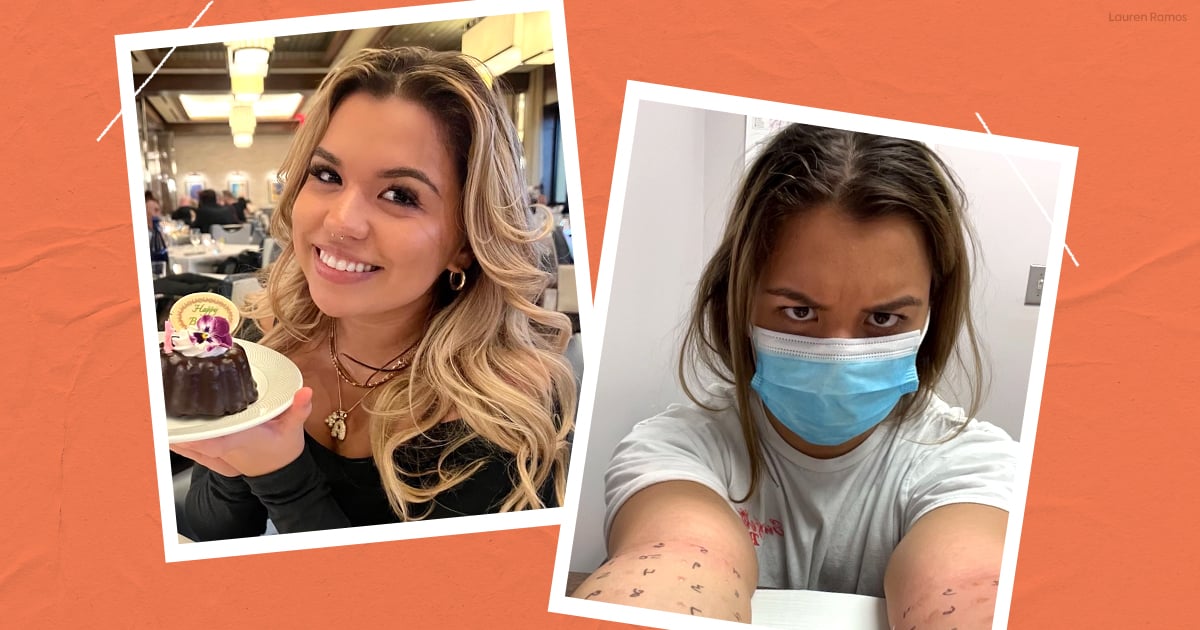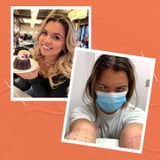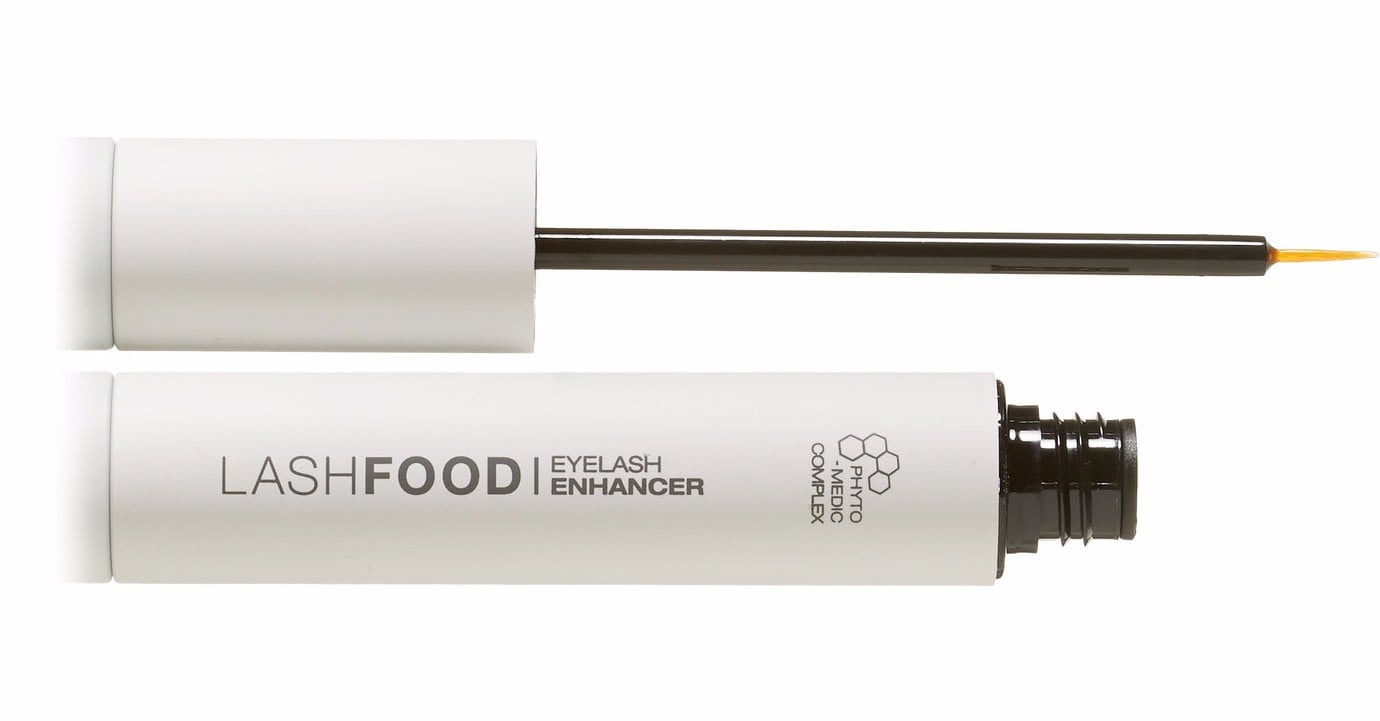I’ve had allergies ever since I can remember. The tip of the iceberg was when I first interacted with cats. I was six and had hives all over afterward. I needed to be medicated, and started taking allergy medicine regularly soon after that.
But when I reached middle school, things started to get really bad. I had asthma and didn’t know it, along with seasonal allergies. When allergy season would roll around, it would feel hard to breathe. I also did gymnastics, and I would be wheezing and struggling to breathe all the time. I’d also be sneezing and have itchy eyes all the time. It wasn’t anything to the degree it is now, but it was a warning sign of what was to come.
Getting a Diagnosis
I saw an allergist when I was 22, and discovered via a skin prick test that I’m allergic to a long, long list of things: every type of tree and grass you can imagine, dust mites, dogs, and cats.
So last year, I started getting allergy injections. These are a type of immunotherapy that contains a tiny amount of what you’re allergic to with the goal of building up immunity to those allergens to stop or reduce allergy attacks. But my allergies are so bad that I even struggle with the allergy injections.
A New Challenge
On my immunotherapy days, I get a shot in each arm. About two hours after I leave my doctor’s office, my face turns red and starts swelling, and it can be hard to breathe. My eyes also get swollen and burn, and I feel hot.
I recently switched allergists, so the makeup of my shots have changed as well and I seem to be having better reactions. But there have been so many instances where my reaction is intense enough that I have to get a shot with epinephrine, which helps tamp down on the body’s release of histamine, the chemical that causes allergy symptoms. It’s happened often enough that my healthcare team has now made it a requirement that whenever I get a shot, I have epinephrine on me.
I still get anxious when I get a shot, because I never know if it will ruin my entire day. I’ve definitely asked myself several times if the benefits of getting these shots are actually worth how awful I feel afterward. But then I also know that I’ll feel lousy all the time if I don’t get the shots. It’s a tricky situation.
In addition to the immunotherapy, I have a whole “allergy drawer” at home to help with my symptoms. It contains the inhaler I use to help control my asthma, (which doesn’t always work), special drops for when my eyes get swollen after injections, as well as a nasal spray to prevent post-nasal drip and the sore throats that can come with it.
It also has the prescription allergy medication I’m supposed to take – but that makes me feel incredibly drowsy. So I have to decide if I want to have allergy symptoms or fall asleep and miss my day.
Everything is prescription strength. My allergies are so severe that a lot of the over-the-counter stuff doesn’t work for me.
Holding onto Hope
Even though the allergy shot reactions are terrible, I have seen my allergy symptoms get better. I haven’t been able to test things around cats or dogs, but I feel better when I’m outside. The only time I have symptoms now is when I get a shot.
I get my injections once a week now; I used to get them twice a week. They should be even more spaced out at this point, but I had to get set back in the shot schedule because of how strong my reactions still are.
The immunotherapy is supposed to be a two-year process, with the shot frequency tapering off to nothing, although it’s probably going to take me around three or 3.5 years, and I’m only about a year into it. It’s helpful that I’m starting to feel better with my actual allergies, and that motivates me to keep on getting the shots. But I also know that I have to always be prepared so that I’m not freaking out about if I’m going to have a bad reaction.
It’s likely that I’ll always deal with allergies and allergic reactions on some level. But I know that things have already gotten better – and I’m told they should keep on improving.
– As told to Korin Miller
Korin Miller is a writer specializing in general wellness, health, and lifestyle trends. Her work has appeared in Women’s Health, Self, Health, Forbes, and more




